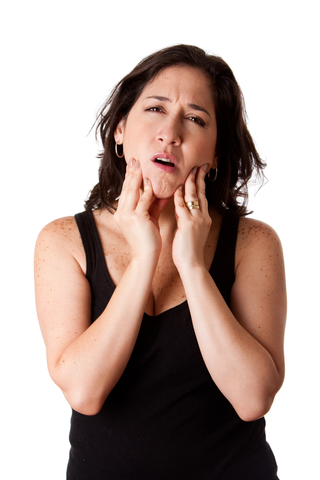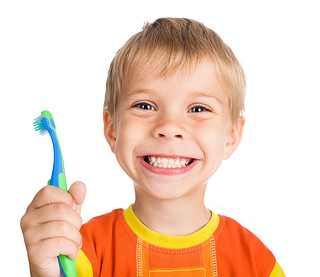Should I have TMD treated? Why?
December 2nd, 2015

TMD occurs when your bite is not properly aligned. It can cause the jaw to experience unnatural stresses and prevent it from resting properly when your mouth is closed. If you have TMD, you may have noticed a clicking noise when you chew, speak, or yawn; you may even experience pain and discomfort during these actions. In some cases, your jaw may feel “locked” following a wide yawn.
TMD can cause pain and discomfort in the jaw as well as headaches that occur when the muscles that help the joints open and close become overtired. But beyond the pain and discomfort, TMD can also cause serious dental problems if left untreated.
Because TMD is associated with a poor bite or malocclusion (which literally translated means “bad closure”), your teeth do not meet properly. As a result, extra tension and stress may be placed on your teeth, resulting in chips and cracks that allow cavities to form and may even result in tooth loss. Over time, TMD can cause teeth to break, which requires cosmetic treatment to rebuild your healthy smile, and ensure the broken tooth and its neighbors are protected from decay.
While treating TMD used to mean expensive and invasive surgery to reposition or even rebuild the jaw joints, today’s approach at Sidney D. Kelly, DMD Family and Cosmetic Dentistry is much more patient-friendly. By restoring broken, chipped, or cracked teeth, replacing missing teeth, and using braces or other dental devices, Drs. Sidney and Jacob Kelly and our team can help realign your jaw so it’s able to function properly, and eliminate pain and discomfort. And there’s more good news: By restoring damaged teeth and tooth surfaces and straightening crooked teeth, you’re also left with a more attractive smile once treatment is completed.
Every patient is different, and that means your course of treatment will be different too. After a thorough examination of your teeth and jaw, our experienced staff at Sidney D. Kelly, DMD Family and Cosmetic Dentistry will work with you to develop a treatment plan that will have you feeling better – and looking better – sooner than you ever expected. Don’t let your untreated TMD cause more pain and problems; give us a call at our convenient Roseville, CA office today to schedule a consultation.



